RickyD
TPF Noob!
- Joined
- Sep 3, 2016
- Messages
- 8
- Reaction score
- 1
- Can others edit my Photos
- Photos OK to edit
Okay, I'm going a little crazy figuring out which camera to get. I have been looking at the Canon T6i/s, Canon 6D, and Nikon D600. I was just about set to buy the T6s (I'm going to buy refurbished with whatever model I go for) and pair it with the Tamron 28-75mm f/2.8 lens (I have read that it is most similar to the Canon EF 24-70mm f/2.8L). Then I found a YouTube source (for some reason I can't find it now) that indicated this Tamron lens is best for full frame cameras. If paired with an APS-C camera (in Nikon terms "DX"), I will lose quite a bit of that aperture rating (it would bump to something like a 5.6). That's when I discovered the Canon 6D and Nikon D600. Both are a bit more in price, but I'm willing to go there if I find one of those is the camera I am looking for (I really didn't want to be deep into the $1,000 range, but I can be persuaded.... I am far from rich, though).
What really attracts me to the Canon cameras are their WiFi abilities. I like that I can mirror the cameras POV on my phone for self-portraits/group shots. In terms of photo quality between these cameras I am completely neutral. Though, it does seem the Canon 6D is better at higher ISO's. However, the Nikon D600 has 100% field of view in the viewfinder. But overall, between the Canon T6i/s and 6D and Nikon D600, I find the quality to be fantastic. The big question is, is full frame what I really want? (I am shocked at the difference between the two types) I also have no lighting equipment and is something I want to invest in. So having money around for that and 1 or two nice lenses is also a priority (I currently have a nice Tamron Tele-Macro 70-300mm 1:4-5.6 lens, so maybe just one other lens would do for portraiture/walking around tourist photos)
Now I am not the photographer I want to be quite yet. So to better get an idea of what I want to accomplish as a photographer, I have collected photos that represent an idea my ideal skill level. I'll post a link here of those photos so maybe someone can help me make this choice between APS-C cameras ("DX") and full frame.
Link
A little more background on who I am as a photographer: I took a class 10 years ago in high school and absolutely loved it! I was actually the last class at my high school to use the dark room, which was a brilliant experience. I ditched my hand-me-down film camera for a bargain price on a Sony Alpha 200 back in 2008 (I really wanted my first DSLR before my trip to Costa Rica). Though due to "life" I haven't been able to have fun with this hobby, but recently a former co-worker and friend of mine said she would love to model for me. That has me really excited and is motivating me to get back into this wonderful hobby. Then suddenly my dad decided he wanted to get married and now I am going to be taking photos for him (it's not a very typical wedding. Just a reception and it's a brunch at a golf club. I'm really not nervous about it.) So now I have two nice opportunities lined up to kick start my re-discovery and love of photography.
What really attracts me to the Canon cameras are their WiFi abilities. I like that I can mirror the cameras POV on my phone for self-portraits/group shots. In terms of photo quality between these cameras I am completely neutral. Though, it does seem the Canon 6D is better at higher ISO's. However, the Nikon D600 has 100% field of view in the viewfinder. But overall, between the Canon T6i/s and 6D and Nikon D600, I find the quality to be fantastic. The big question is, is full frame what I really want? (I am shocked at the difference between the two types) I also have no lighting equipment and is something I want to invest in. So having money around for that and 1 or two nice lenses is also a priority (I currently have a nice Tamron Tele-Macro 70-300mm 1:4-5.6 lens, so maybe just one other lens would do for portraiture/walking around tourist photos)
Now I am not the photographer I want to be quite yet. So to better get an idea of what I want to accomplish as a photographer, I have collected photos that represent an idea my ideal skill level. I'll post a link here of those photos so maybe someone can help me make this choice between APS-C cameras ("DX") and full frame.
Link
A little more background on who I am as a photographer: I took a class 10 years ago in high school and absolutely loved it! I was actually the last class at my high school to use the dark room, which was a brilliant experience. I ditched my hand-me-down film camera for a bargain price on a Sony Alpha 200 back in 2008 (I really wanted my first DSLR before my trip to Costa Rica). Though due to "life" I haven't been able to have fun with this hobby, but recently a former co-worker and friend of mine said she would love to model for me. That has me really excited and is motivating me to get back into this wonderful hobby. Then suddenly my dad decided he wanted to get married and now I am going to be taking photos for him (it's not a very typical wedding. Just a reception and it's a brunch at a golf club. I'm really not nervous about it.) So now I have two nice opportunities lined up to kick start my re-discovery and love of photography.


![[No title]](/data/xfmg/thumbnail/42/42471-71fb529e01fae8170cc2a98655bd05e7.jpg?1619740193)
![[No title]](/data/xfmg/thumbnail/37/37658-89245697846ece2c4ecbce304510699b.jpg?1619738173)
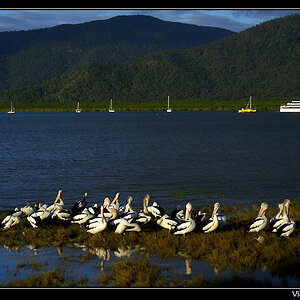
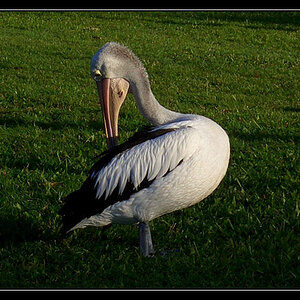
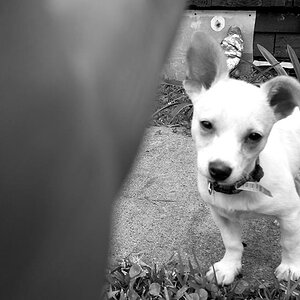
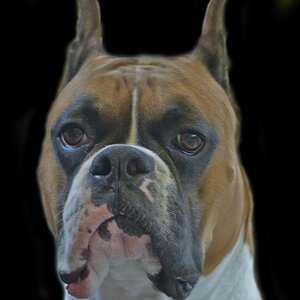
![[No title]](/data/xfmg/thumbnail/42/42474-aa3cf1f7163a823d6f10558b262a4bc3.jpg?1619740194)
![[No title]](/data/xfmg/thumbnail/37/37488-1946adf246ec6e047915c668d3dcff15.jpg?1619738111)
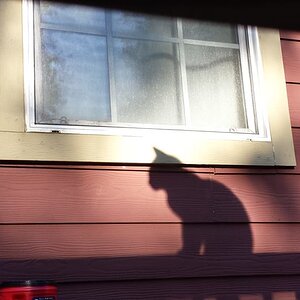
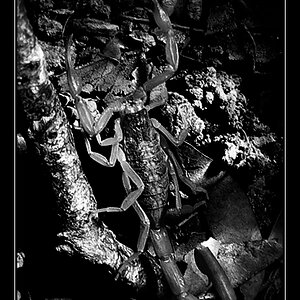
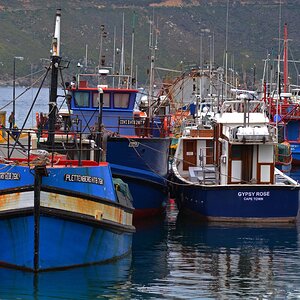
![[No title]](/data/xfmg/thumbnail/37/37657-01deca3769b38b716838942ccbfce66a.jpg?1619738172)